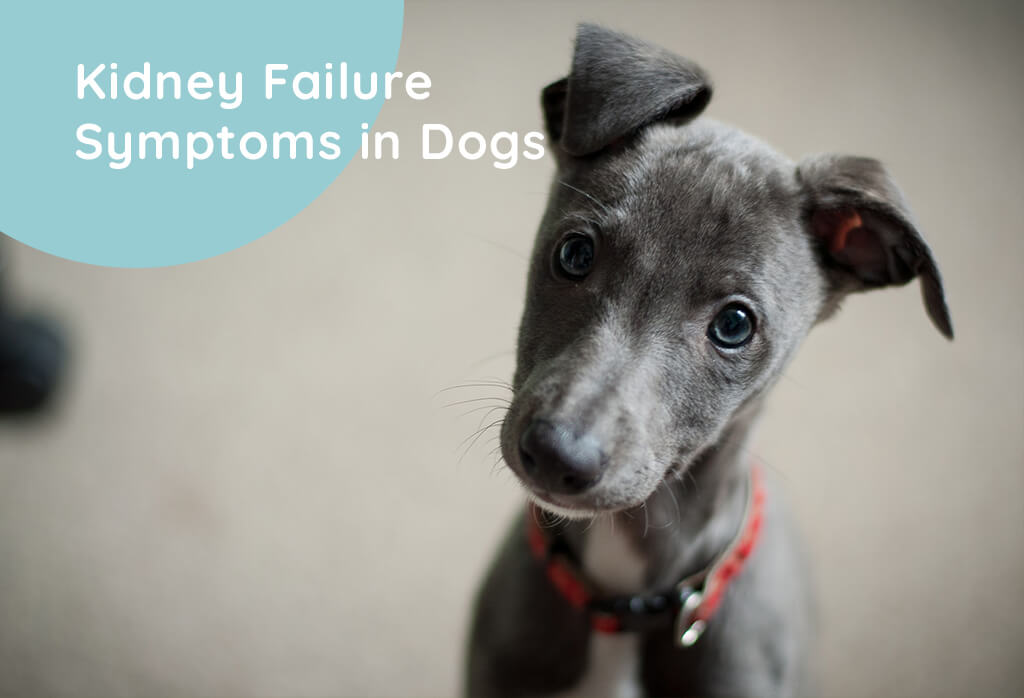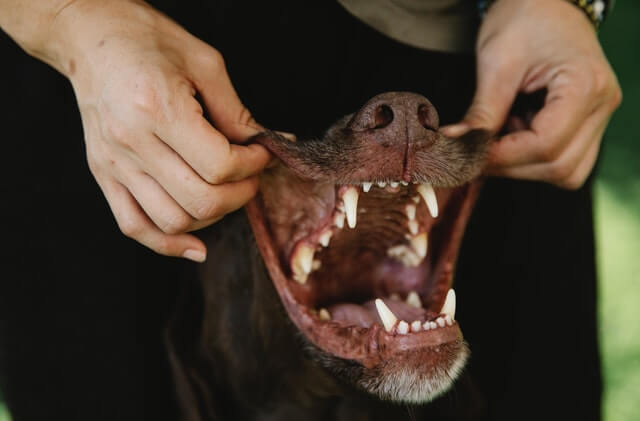Though dogs are from different species from humans, their body metabolism somehow functions the same as the human body.
Dogs excrete, and for this reason, they have kidneys that are adapted to perform filtration of waste substances and more so balance body nutrients in the body system of a dog.
Dog kidneys are very important since they help control blood pressure and calcium metabolism and help produce red blood cells.
Like human anatomical specialists, dog specialists reported that if the dog kidney is impaired in some cases, it can result in serious health issues for your pet.
Dog owners are advised to know and understand the various kidney diseases and how they can be treated or how you can prevent them from affecting your dog.
The Common Kidney Failure in Dogs
They are categorized into two different categories, which can be acute and chronic.
Acute Kidney Failure
The condition happens mostly when your dog frequently ingests toxins.
The toxins can be in the form of a chemical like household chemical cleaners, antifreeze, and maybe spoiled food.
The problem occurs in your pet’s body due to the chances of urinary obstruction.
A decrease in the blood flow reduces the oxygen capacity in the dog’s kidneys, allowing acute kidney failure infection.
Chronic Kidney Failure
Older dogs commonly experience chronic kidney failure.
Since it has a slow onset, it can cause chronic kidney failure to the extent that it’s often difficult to pinpoint.
A professional dog vet easily overlooks the early signs and symptoms since they exist in mild nature.
Also, some dental diseases lead to chronic kidney failure in older dogs.
The bacteria buildup in the dog’s teeth enters the digestive tract when your dog is drinking or eating.
The most common causes of kidney failure in dogs
Specialists say that any disease that can impact the normal functioning of the kidney can cause kidney failure like:
The Congenital Disease
The category comprises inheritance and variation conditions and the underlying illnesses ranging from cysts to being born either missing one or both kidneys that is agenesis.
Dental Diseases
Most advanced dental diseases are caused by a buildup of bacteria on the gums and teeth.
The bacteria that accumulate on the teeth and the gums enter the bloodstream, attacking various dogs’ body organ systems.
The effect causes severe irreversible damages to the dog’s kidney, along with the heart and liver.
Cancer
Kidney cancer is not normally common in dogs.
When your dog gets attacked by kidney cancer, treatment has minimal options.
In cases of solitary tumors that may be affecting one kidney, there are chances that the kidney can be removed by a dog surgeon resulting in positive results.
Your dog can survive with one functioning healthy kidney, that is, if cancer has not yet spread to the other kidney.
If cancer has spread all over the dog’s body, surgery is not the best option for curing your pet.
Bacterial Infections
The infection is a result of bacteria present in drinking or swimming contaminated water.
The organs in the dog’s body become more susceptible to bacterial infections like leptospirosis.
The condition can result in inflamed renal cells and kidneys.
Amyloidosis (protein issue)
Dog patients with amyloidosis lose the functioning of the kidney since protein deposits replace the normal kidney tissues.
It is not common, but it results from chronic inflammation, affecting the other parts of the body.
It is genetically modified due to some dog breeds in the breeding technology.
The amyloid deposits can never be cleared away, and also, the functional kidney tissue that is lost cannot be replaced.
Therefore the prognosis is bad somehow.
Damaging of the Kidney Tubules
Inflammation of the kidney tubules and damage of the supporting tissues can result in chronic kidney failure.
It has no definite cause in many cases.
Thus there is no option of specific treatment.
Microscopic examination can help identify this kind of kidney disease, even though biopsy is not preferably recommended.
Toxicosis
Ingesting poisonous substances by dogs can result in poisoning of the kidney.
Therefore, it leads to damage to the cells within the kidney.
Geriatric Degradation
It is a condition whereby the cells within the kidney break down, and the cell dies as your dog ages.
Therefore leading to more chances of kidney failure.
The Signs and Symptoms of Kidney Failure in Dogs
- Vomiting and diarrhea
- Changing in the amount and frequency of your dog’s urination process
- Loss of appetite
- Blood in your dog’s urine
- Sudden weight loss
- Playing and interaction loss of interest
- Drinking less or more water
- Visible signs of dental diseases like smelly mouth, pale gums, and mouth sores
- Intestinal seizures
How to prevent your dog from kidney failure
Always Keep Your Dog Away From Chemicals
Dog owners should understand that kidney disease doesn’t have to be a challenge for your dog.
Always keep your dog safe by following the preventive care measures to ensure your dog does not contact household chemicals and cleaner substances.
Always Avoid the Chances of Exposure to Medication and All Other Harmful Chemicals
It is also important to avoid your pet getting in contact with human medication, drugs, food, and other substances that can cause harm to your pet.
They include raisins, prescription and over-the-counter medicines like ibuprofen, grapes, and contaminated water sources or food.
Maintain Dental Hygiene
Various chronic kidney diseases result from poor dental hygiene.
It is important to keep your dog’s teeth clean in case you want to ensure long-term health.
Check With Your Dog Vet for Kidney Problems Regularly
The treatment of a dog diagnosed with kidney failure can always depend on the severity of the condition.
Your vet will address issues that are related to dehydration, infection, and chemical poisoning.
Dog owners are always advised to visit their dog’s vet in case of any kidney symptoms, and more so, you should practice regular checks on your dog to maintain a longer life span.













